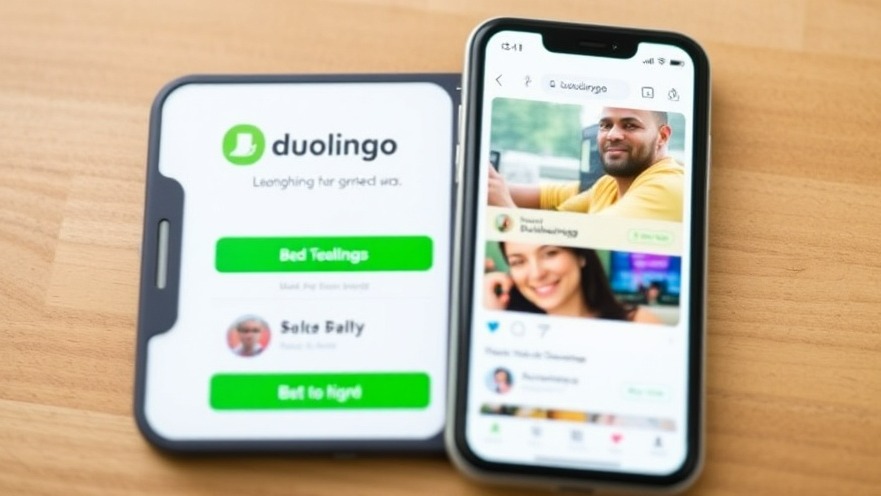
The Curious Case of Duo: A Marketing Paradox
In a bold and somewhat cheeky marketing move, Duolingo, the beloved language-learning app, announced the "death" of its iconic mascot, Duo—an owl that has become synonymous with the platform's playful approach to education. By declaring Duo dead, the app has ignited a flurry of reactions across social media, stirring intrigue, confusion, and amusement alike. But what does this theatrical turn of events really say about modern marketing strategies, especially in a digital age where attention spans are fleeting?
The Fine Line Between Humor and Risk
At first glance, this publicity stunt appears to be a creative way to engage users. Duolingo’s campaign has cleverly used absurdity to spark conversation, fascinating both devoted fans and the curious public. However, by jokingly asking fans to share their credit card details to commemorate Duo’s memory, Duolingo tread delicately on a thin line.
This begs the question: is it truly a joke when it flirts with sensitive topics like financial security? The cautionary tale here remains clear: sharing personal information online—jokes aside—can lead to dire consequences. Digital nomads, like many others, must exercise vigilance when engaging with brands online, especially when humor intersects with financial matters.
A Mascot’s Life: A Symbol of Connection
Duo has served as a mascot not just for Duolingo, but a representation of community and connection in an increasingly digital world. For many, the owl has become a symbol of dedication and perseverance in learning new languages, reflecting the spirit of those who embrace foreign cultures and languages as they navigate their travel adventures.
As digital nomads often blend their professional and personal lives, Duolingo’s move to memorialize Duo has sparked an emotional connection within the community. The owl embodies the challenges and joys of language learning, standing firmly as a reminder that the pursuit of knowledge can be fun and light-hearted.
Publicity Stunt or Meaningful Change?
This might not be the end of Duo at all. In a world where entities evolve to maintain relevance, it’s entirely plausible that Duolingo is making this announcement in preparation for introducing a new mascot, or an updated image of Duo himself—maybe reborn from his demise. Identifying trends in media and marketing suggests that brands often reinvent their personas to align with their audience's values.
Will Duo rise from the ashes? Or will Duolingo reveal an altogether different character reflective of our time? The idea of the fluctuating digital mascot plays into a deeper notion of how brands respond to culture. In this case, Duolingo might just be playing the long game in marketing.
Should We Laugh or Cry?
The mixed reactions to Duo's so-called death remind us all that humor in advertising is transformative. While comedy is subjective, it has the power to connect people and convey messages that resonate deeply. Yet, when humor veers into risky territory, as seen with the duo's unusual “credit card” request, it risks having the opposite effect.
This campaign serves as a reminder that brands walking the line of humor must remain cognizant of their audience—digital nomads especially, who value authenticity alongside comradery. As consumers, our reactions matter and will inevitably shape future marketing strategies.
The Future of Marketing Engagement
Looking ahead, brands must create strategies that resonate authentically with their audience’s values. The notion of mascots evolving with community sentiment, like Duo’s playful demise, may set the tone for similar ventures in marketing.
The vital lesson remains the importance of transparency in communicating with consumers. As more businesses pivot toward humor-driven marketing, maintaining brand integrity will be essential. Trust and a sense of community are paramount—without them, the potential for backlash remains a constant threat.
 Add Row
Add Row  Add
Add 




Write A Comment